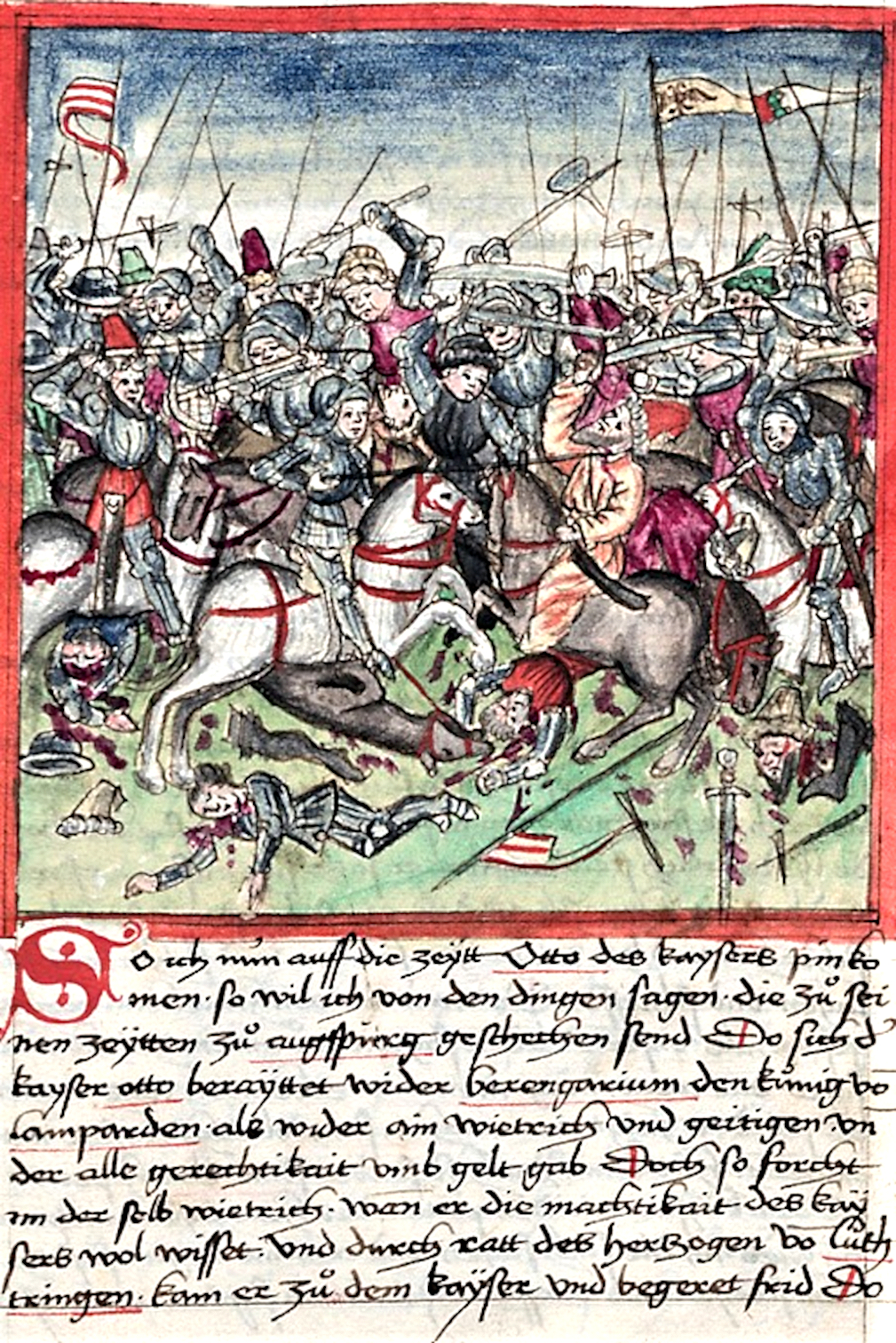Harsh Martinet
Consul
I bet evil George is behind this!!!

doesn't look much like Cornwall -
Reading a bit into history, aside from Flavius Josephus and his The Antiquities of the Jews with the story of Ida, the freed slave that was crucifixed for tempting a virtuous woman, is there any other authentic case in history of female crucifixion? Cuz I couldn't find it.
View attachment 775921
 en.wikipedia.org
en.wikipedia.org
A writer in our days was of the opinion that the Romans sometimes were simply crazy in their belief to have the most superior culture of all nations
The Chinese absolutely believed that their culture was superior to all others and, unlike the Romans, they are still around, so perhaps they weren't wrong. Unlike the Romans, though, they believed that the best way to preserve their culture was not to spread it to foreign lands, where it would inevitably be diluted, but to wall the country off, both literally and figuratively. They did attempt expansion into Vietnam (successful for a time) and, under the Mongols, Japan (defeated according to legend by the divine wind or kamikaze). Most cultures generally have strains that consider themselves superior to all others, including modern Western culture...I always wondered if there were ever descriptions of the (most probably also) pitiful slaves who had to clean up after such a mass crucifixion mess. Only once I read about an ancient Roman writer who thought the mass crucifixion of 6.000 (!) rebellious slaves by Crassus' soldiers after the Spartacus rebellion was an incredible pollution of the air and the streets along the Via Appia between Rome and Capua, one of the most used traffic lines in ancient Rome. A writer in our days was of the opinion that the Romans sometimes were simply crazy in their belief to have the most superior culture of all nations which made a simple encounter with them as being non-Roman really more dangerous than for example simply encountering the inhabitants of Gallia or Germania.
The Romans would always have thought first if they could be a danger because of their culture for their empire or if they could take profit by this encounter in making a slave deal because the empire always needed new slaves. From our point of view today, all the foreign wars of Julius Caesar were simply war crimes. Then there were these strange first military campaigns with many ships of Caesar to ferry across the sea to Britannia, where he probably wanted to find legendary treasures although he publicly explained to stop the military help from the Celts in Britannia to the celtic Gauls / Galli in Gallia.
(Sounds if you are going with 10.000 soldiers by ships into a foreign country just to look if you could be attacked from the inhabitants there and such a surprise for you and your 10.000 soldiers: You will be and you are really attacked from the inhabitants there! Incredible unfriendly by the people in that foreign country, isn't it?)
Gallia had already a very high Celtic-European culture but that was almost completely destroyed by Caesar and probably one third of all inhabitants there were killed during the war, which Caesar so nicely described in his "De Bello Gallico".
The Chinese absolutely believed that their culture was superior to all others ...
Kahlen and Richard (of Legend of the Seeker fame) are punished for trying to escape. Their legs are subjected to the bone crusher. and left chained for the night.
View attachment 776467
Must be a SJW writer, lol .... when you have a culture that enables you to conquer and control for hundreds of years the surrounding cultures, you must be doing something right. If you look into history, the Roman garrisons present in conquered lands were minuscule compared to the local population yet, for most of the time they were able to keep the lid on.
Sorry, cultural relativism doesn't fit it. It's a good for modern day classrooms, where hating Western culture (or any successful one) is a rigueur du jour for young, clueless activists.
Although Tacitus, like many historians of his day, was given to invent stirring speeches for such occasions, Suetonius' speech here is unusually blunt and practical. Tacitus' father-in-law, the future governor Gnaeus Julius Agricola, was on Suetonius' staff at the time and may have reported it fairly accurately."Ignore the racket made by these savages. There are more women than men in their ranks. They are not soldiers — they're not even properly equipped. We've beaten them before and when they see our weapons and feel our spirit, they'll crack. Stick together. Throw the javelins, then push forward: knock them down with your shields and finish them off with your swords. Forget about plunder. Just win and you'll have everything."[17]

 en.wikipedia.org
en.wikipedia.org

 en.wikipedia.org
en.wikipedia.org
